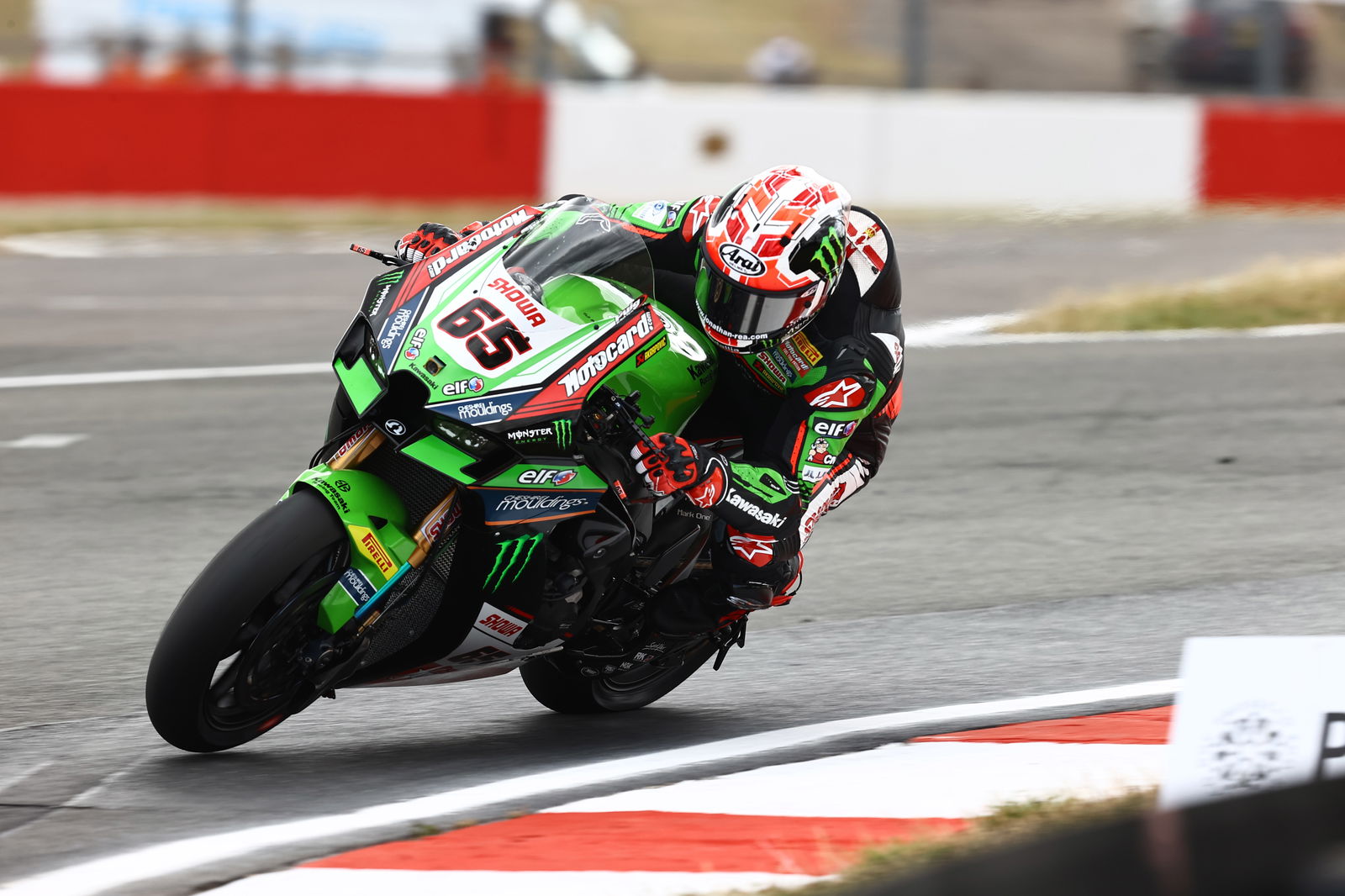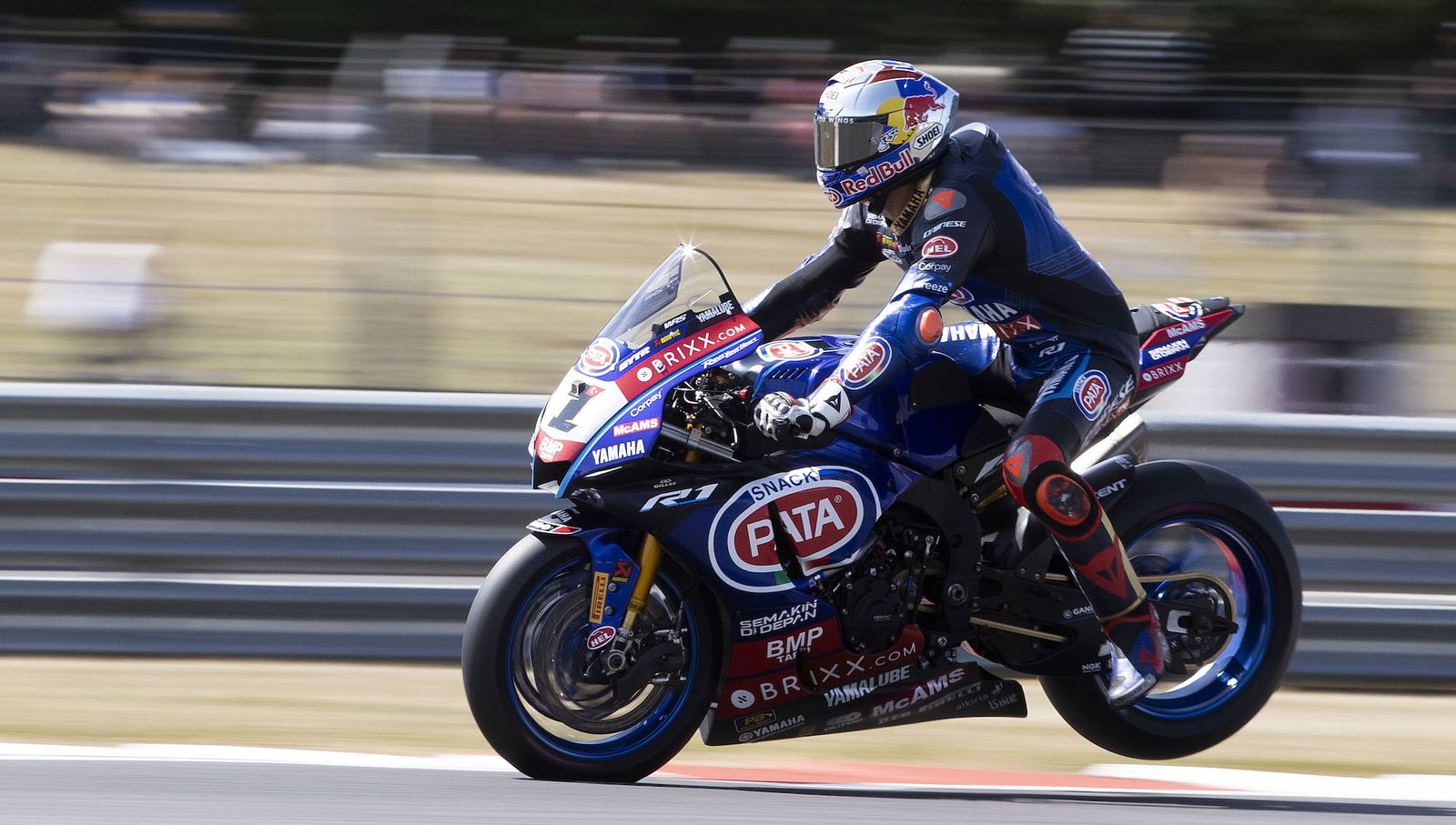Would BSB-style regulations be better or worse for WorldSBK?
A lack of wildcard entries in WorldSBK in recent years has raised the question of whether the rules are working against national-level teams and riders.
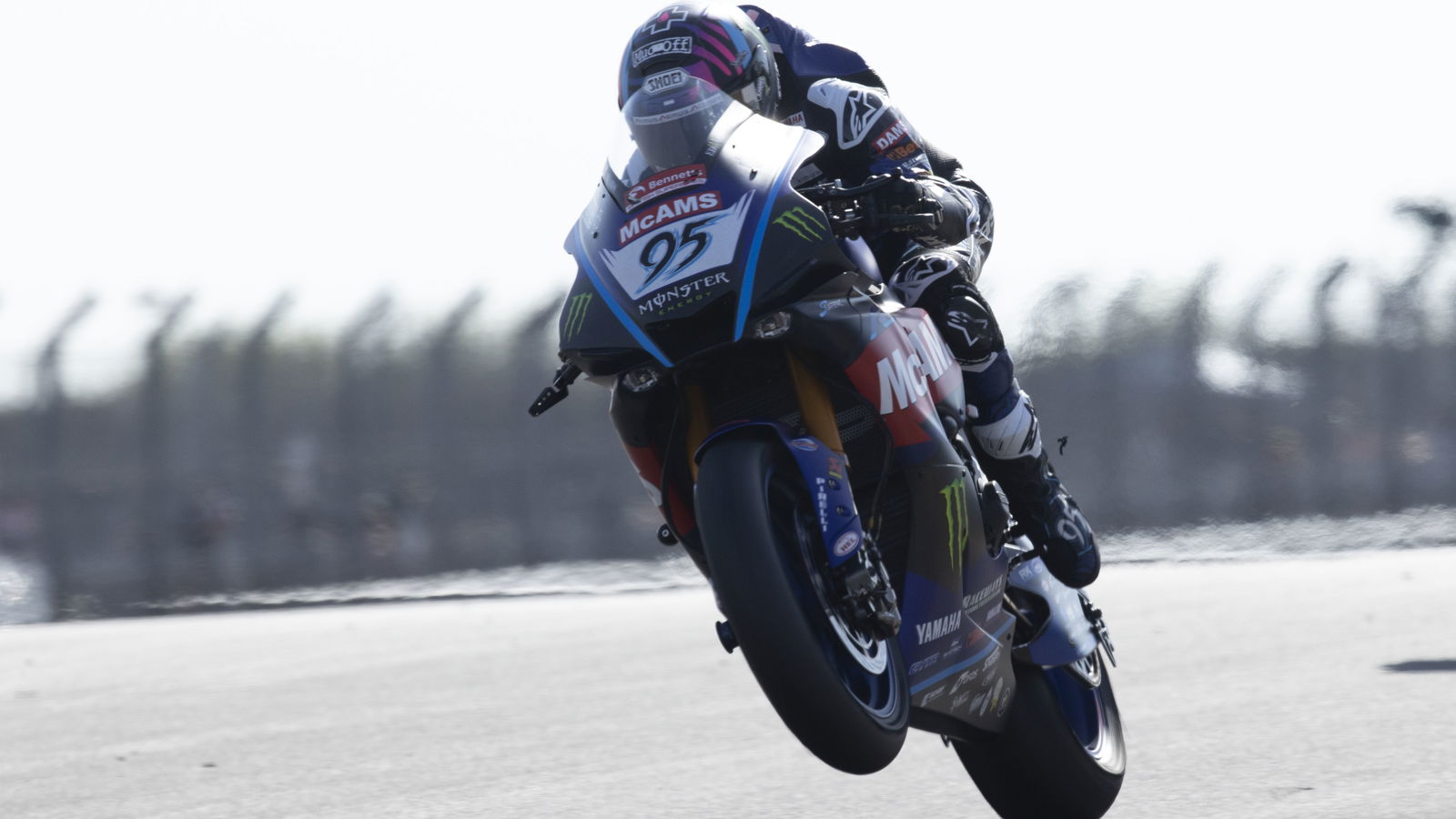
The UK round of the Superbike World Championship was previously almost guaranteed to have top-level riders from the British national championship racing as wildcards, and racing at the front.
A thought to the past makes it impossible to ignore the exploits of, for example, Neil Hodgson on the world stage.
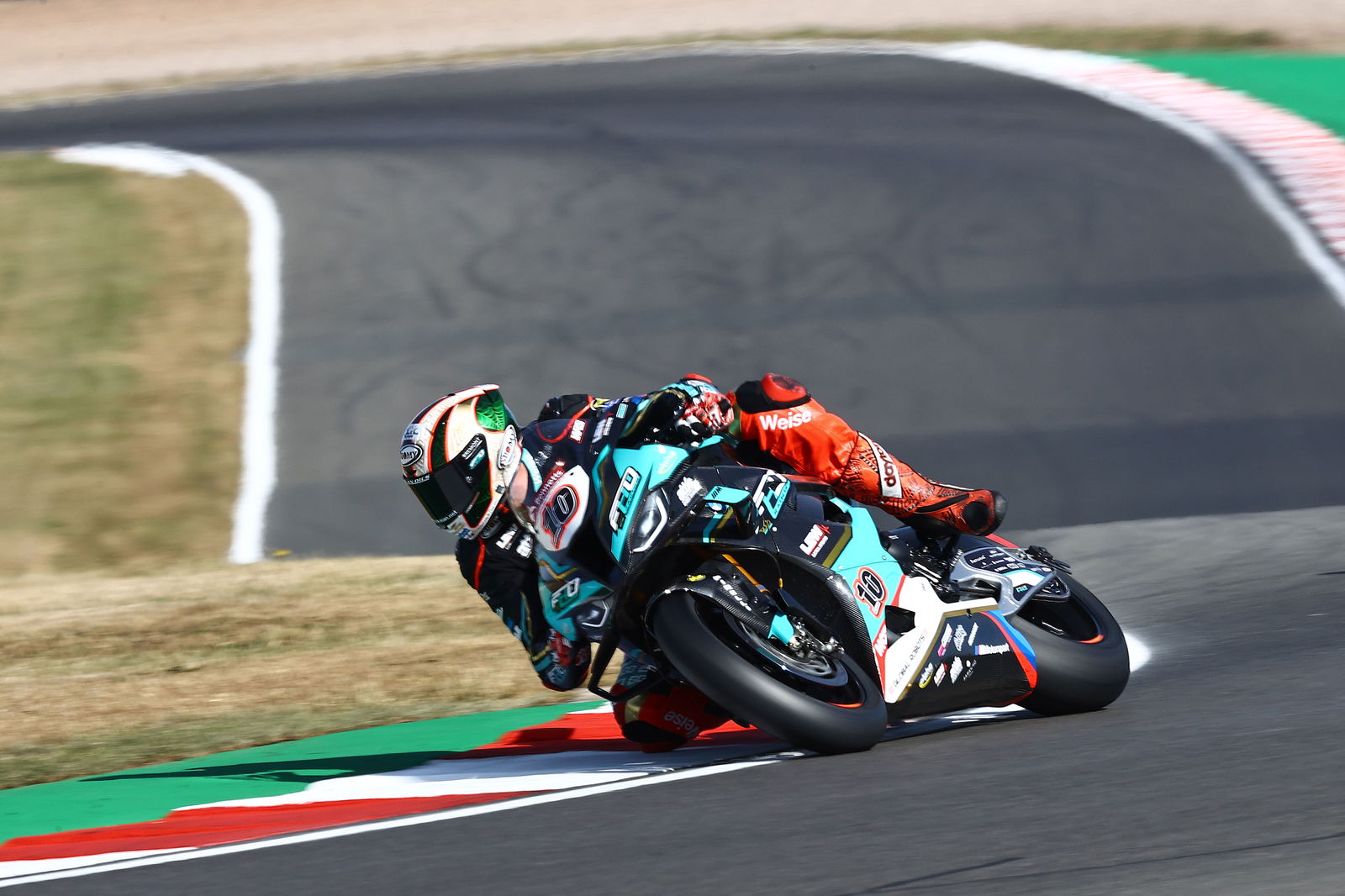
The wildcards this weekend of Tarran Mackenzie and Peter Hickman in Donington, and their relative lack of pace to the front runners (in FP2 on Friday afternoon, Mackenzie was 1.797 seconds off the top in 15th, and Hickman 1.950 seconds adrift in 16th) could be a sign that the level of the British and World Championships are not as comparable as they were 15 or 20 years ago.
However, at Donington for the penultimate round of the British Superbike Championship in 2021, Mackenzie ran a 1:28.708 in the fastest session of the weekend, FP2, and Hickman set a 1:29.111. This with no electronics, of course.
At WorldSBK this weekend both Mackenzie and Hickman are running with electronics which are at a similar level to those of the factory World Championship teams.
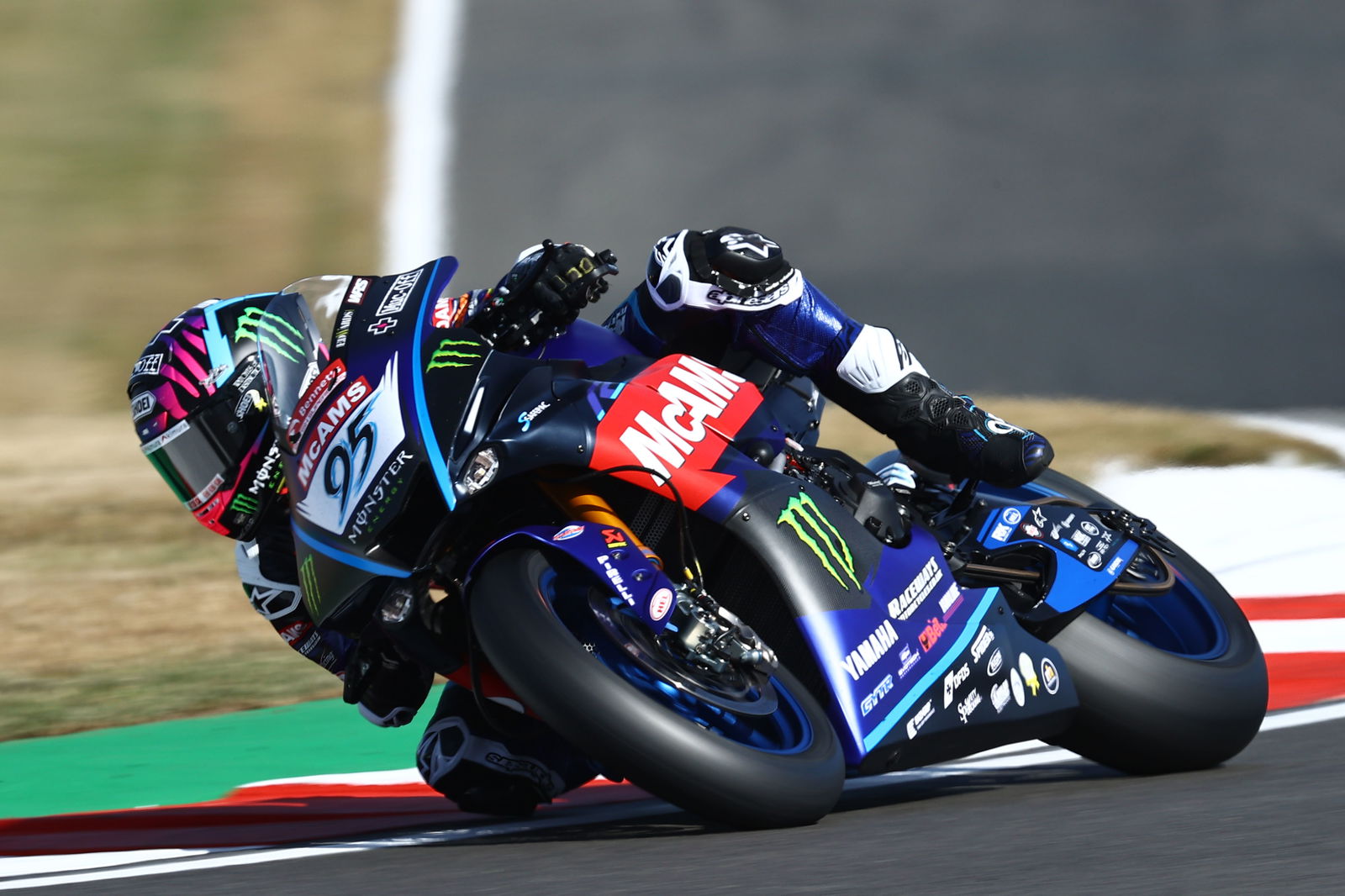
Particularly for Mackenzie, the engine and electronics are straight from the factory WorldSBK squad, and therefore the technical package he is working with is significantly different from that which he is used to in BSB.
Furthermore, from the lap times on Friday it is not a stretch to deduce that adapting from no electronics to factory WorldSBK electronics is not the work of a moment. A significant amount of testing is required to get the bike dialled in, and for the rider to become comfortable with the new package, as well as the new settings.
Additionally, it is notable that the two wildcards at the UK round this year are both from two of the ‘better-off’ teams in the BSB paddock: McAMS Yamaha (Mackenzie) and FHO Racing (Hickman). The reason for this is clear: affording top level electronics for a one-off wildcard is difficult, and when the additional race is of little experiential or developmental benefit to the team’s and rider’s primary championship for that year - and presumably for future years - it is essentially money wasted unless the wildcarding rider achieves a podium or win.
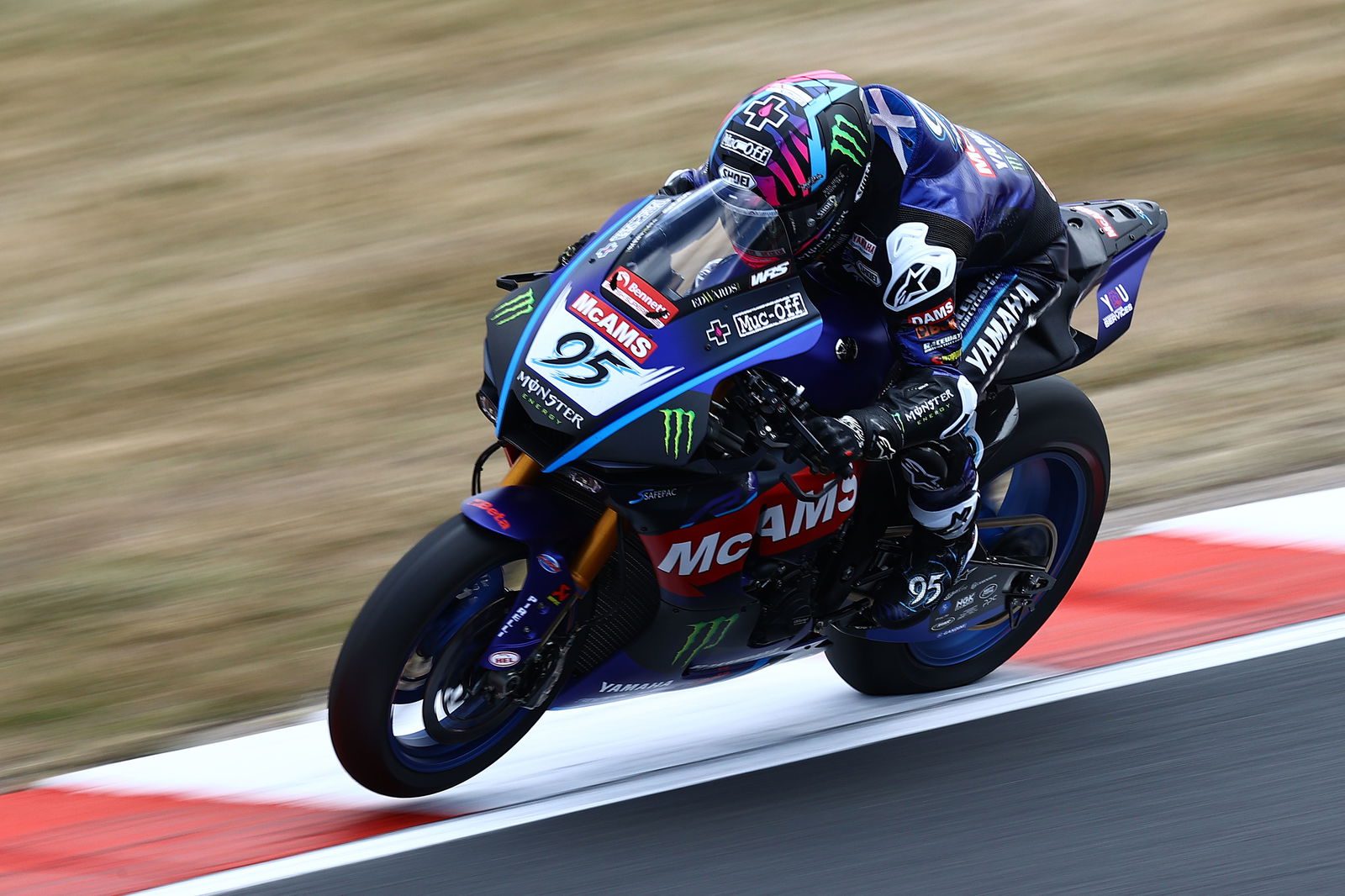
Mackenzie and Hickman are both proving how complicated it is to arrive in the WorldSBK paddock for one race and fight for the top positions.
The solution to the lack of wildcards - which is far from a UK-only problem (if you see it as a problem, at least) - would seemingly be to homogenise Superbike regulations across federations - between the FIM and national federations.
Such homogeneity would allow prospective wildcards from national championships to make one-off wildcard appearances in the World Championship with equipment that is identical to that which they use in their national series.
Furthermore, for rider stepping up full time from the national level to the world level, the step would theoretically be more straightforward, because the bikes would be the same. Of course, switching manufacturers would bring the necessity for adaptation, but riders staying with the same bike in the World Championship as that which they used in the national series’ would arrive in the World Championship with a pre-established understanding of their machinery.
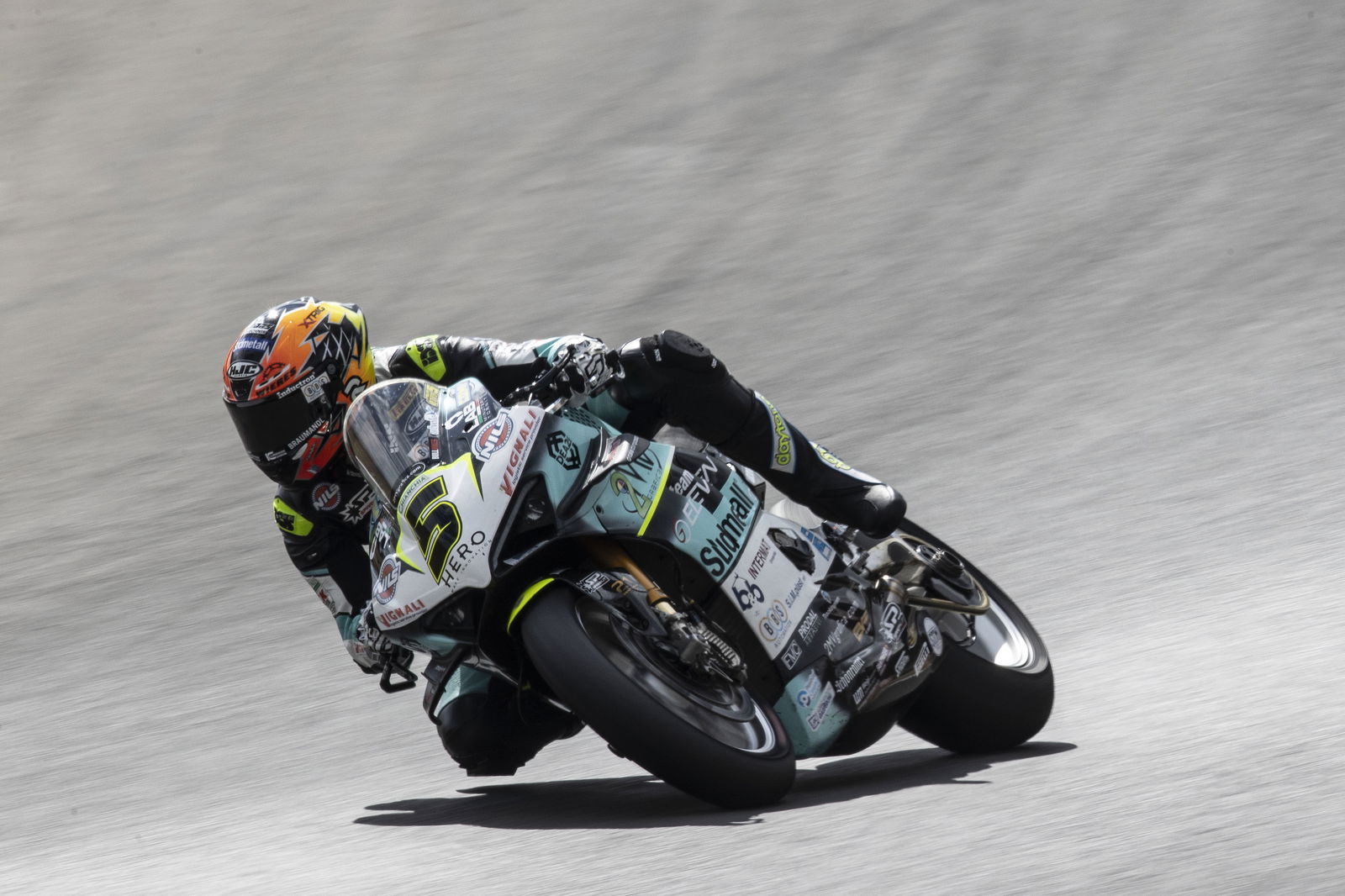
However, were WorldSBK to move their regulations towards the direction of BSB and limit or remove electronics, they could risk losing manufacturers from the championship. Particularly, Honda and Ducati - the latter also being a block for MotoGP in restricting ride height devices and aerodynamics - would prefer that the regulations maintained a level of electronic freedom.
In one way, losing manufacturers seems like a non-issue. Private teams were always the point of WorldSBK compared to Grand Prix racing, where the manufacturers have always been the key.
Manufacturers leaving would therefore, in some sense, be a return to the core of World Superbikes.
However, to maintain a World Championship there is an argument that such a championship has to hold races outside of Europe. Currently, WorldSBK goes to Argentina, Indonesia, Australia, but doing it without factory involvement would complicate matters.
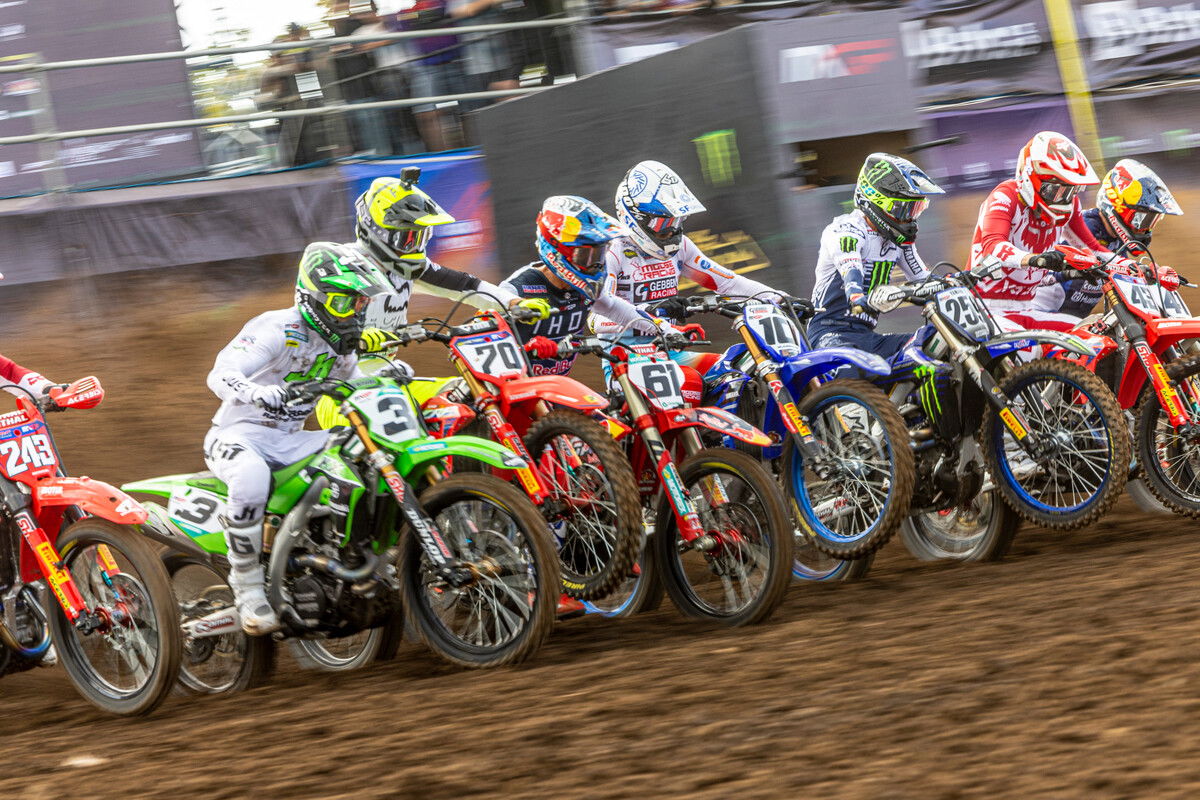
In the Motocross World Championship, the calendar takes the MXGP series to three ‘fly away’ races, currently. It should have been four, but one of the Indonesian races was cancelled, meaning that Samota Sumbawa is alongside Neuquen in Argentina, and Mussanah in Oman as the non-European races for MXGP in 2022.
But, things are not simple in these scenarios. So far, MXGP has been to Argentina and Indonesia this year, and both saw heavily depleted gates in both Grand Prix classes: MXGP and MX2.
The situation is at the severity where the question is raised whether these events are sustainable for MXGP, because clearly many private teams cannot afford to go, especially when the intercontinental trip is for just one race. When the Argentinian Grand Prix was paired with a Mexican Grand Prix, for example, it was less complicated for the private teams to justify the trip.
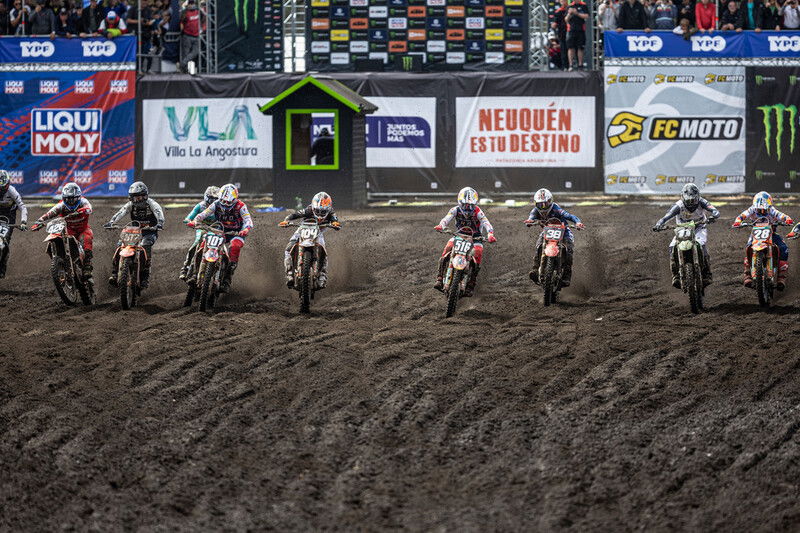
At the 2022 MXGP of Indonesia, for example, there were 19 riders present for MXGP. Of those, four were wildcards from Indonesia and Australia, so just 15 full-time MXGP riders went from Europe to South East Asia for the race in Samota Sumbawa. Of those 15, 10 were factory riders, which means two thirds of the full-time riders that were able to go to Indonesia in the premier class were factory riders.
The situation in MX2 was worse. Of the 17 riders who started the weekend, seven were wildcards from Indonesia and Malaysia, so just 11 full-time MX2 riders went to Samota Sumbawa. Of the remaining 10 riders, five were on factory teams.
Samota Sumbawa was in some ways a particular example, because of the difficulties in arriving at the circuit, and the conditions of the island when the riders arrived, which was confirmed by the number of riders who reported illness during the race weekend.
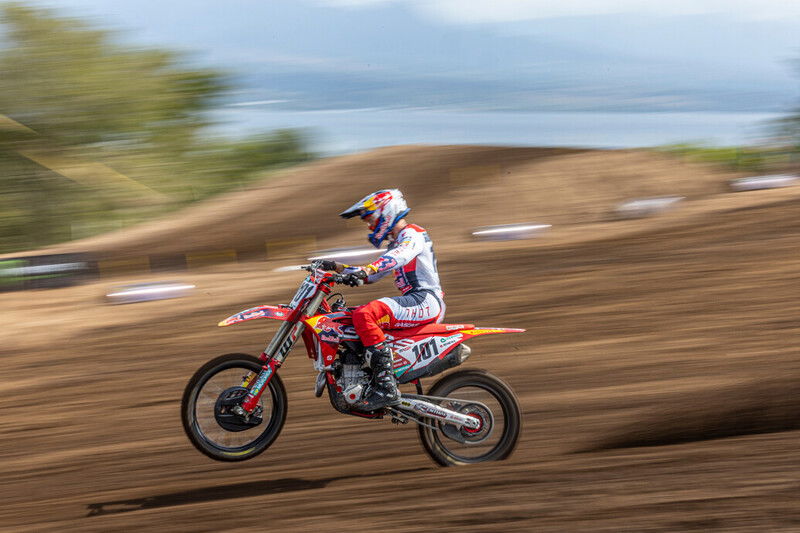
However, the situation was not entirely dissimilar in Argentina - admittedly another race which is complicated to get to - and so it is hard to see an argument that would make the issue of low gate numbers at fly aways an issue specific to Indonesia or Samota Sumbawa.
Perhaps the MXGP of Oman will be a situation more similar to that which we find in WorldSBK when going outside of Europe, but the reality of private teams struggling - especially post-Covid - to arrive at overseas races would become a bigger issue for WorldSBK if it were to ditch factory teams in favour of a homogenised set of rules - across national series' as well as the World Championship itself - restricting electronics to mirror the technical regulations of BSB.
